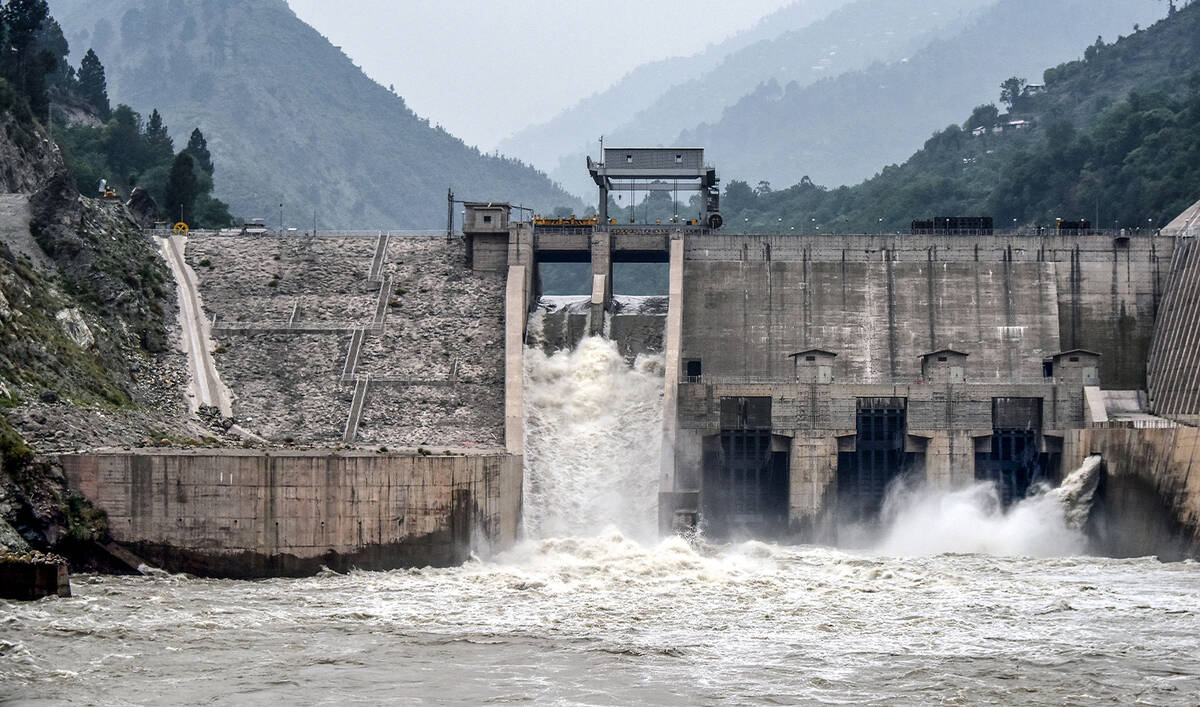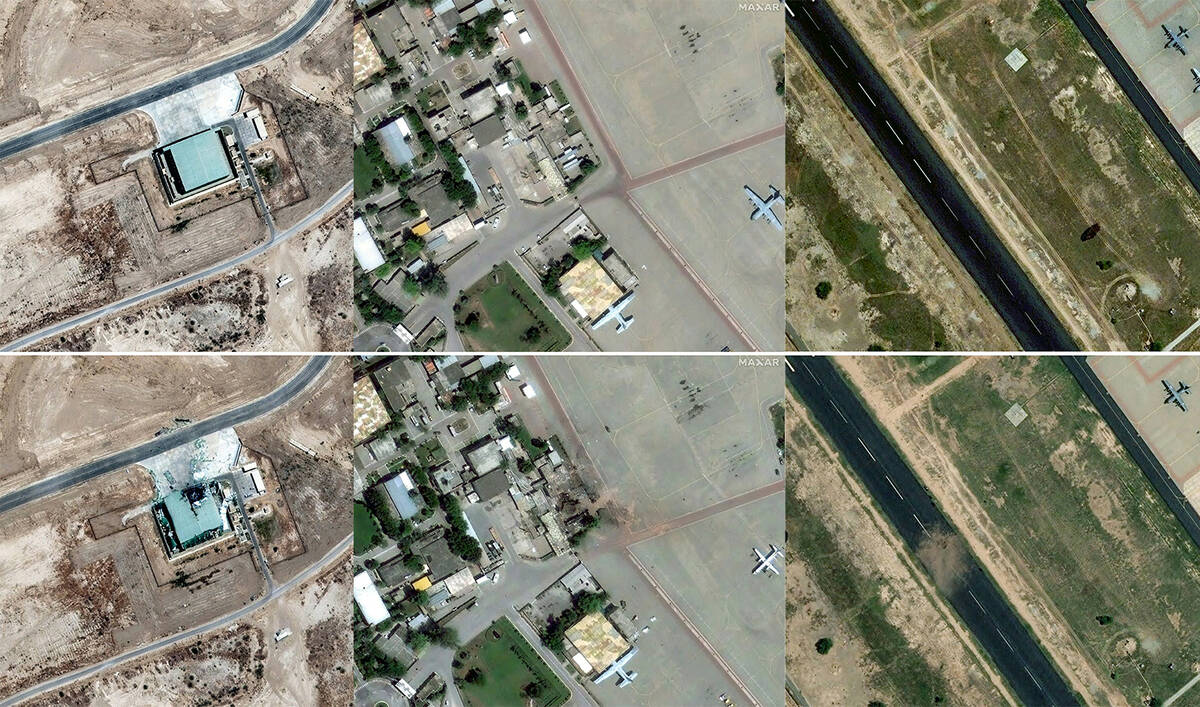ISLAMABAD: Already into the last month of its tenure, the government of Prime Minister Shehbaz Sharif is set to adopt the Pakistan Electronic Media Regulatory Authority (PEMRA) Amendment Bill 2023, which include definitions of misinformation and disinformation as well as address payment issues faced by media workers in the South Asian country.
The government tabled the bill in the National Assembly, the lower house of parliament, on Thursday. A day later, it was passed by the NA standing committee on information and broadcasting. The draft law will now be presented before the National Assembly again for final passage before going to the Senate, the upper house of parliament, and the president who would sign it into a law.
The PEMRA ordinance, promulgated in 2002, has had nine of its clauses amended, and five new ones added to the draft, according to a copy of the bill available with Arab News. It seeks to broaden the choice for authentic news, current affairs, religious knowledge, tolerance, art, culture, science, technology, economic and energy development, social sector concerns, music, sports, drama, children content and other subjects of public and national interest.
In the statement of the objects and reasons of the draft law, Pakistani Information Minister Marriyum Aurangzeb said the definitions of “disinformation” and “misinformation” were added to allow legal measures to counter the challenge of false, misleading, manipulated, created or fabricated information.
“Disinformation means verifiably false, misleading, manipulated, created or fabricated information which is disseminated or shared with the intention to cause harm to the reputation of or to harass any person for political, personal, or financial interest or gains without making an effort to get other person’s point of view or not giving it proper coverage and space but does not include misinformation,” the draft reads.
Whereas misinformation, according to the bill, means “verifiable false content or information that is unintentionally disseminated or shared.”
The draft law was okayed by NA standing committee days after PM Sharif said his government would go home before its tenure ends on August 14.
The bill bars media organizations from spreading disinformation, and asks them to ensure that a continuous break for advertising shall not exceed five minutes during a regular program and the duration between two such successive breaks shall not be less than 10 minutes.
The bill states that electronic media employees had suffered a lot due to non-payment of salaries by media houses.
“In order to provide legal platform for appeal to resolve any grievance related to nonpayment of wages/salary by electronic media channels, the amendments/ insertions are being made in the preamble as well as in sections 6, 20A, 20B and 26 of the ordinance,” it reads.
The new law requires broadcasters to pay no less than the minimum wage (Rs32,000 or $111) to their employees, while their dues should be cleared no later than two months.
As a punitive measure, the bill stated failure to do so would result in the freeze of commercial release to broadcasters till they pay pending salaries to employees on the recommendation of the authority or its council of complaints.
“For the purpose of receiving and reviewing complaints made by the electronic media employees to the extent of payment of minimum wages policy and timely payment of their salaries, in each council of complaints, two non-voting honorary members shall be appointed, one from broadcasters and one from electronic media employees,” says the bill.
The bill also explained the composition of the council of complaints wherein each council shall consist of a chairperson and five members, being citizens of eminence, who would have relevant experience and qualification. At least two of the members will be women.
“Provided the delegation of such power shall not include the power to grant; revoke or cancel a broadcast media or distribution service license except cable TV,” the bill stated, adding to the extent of suspension of a license, PEMRA could delegate its powers to the chairman and two members of the authority.
The council should verify the content of disinformation on the basis of documentary evidence and make appropriate recommendations to PEMRA within a period of 30 days.
“The councils may recommend to the authority for imposition of a fine of not less than Rs200,000 and not more than one million rupees against any individual person,” it says.
The councils may also recommend appropriate action of censure and a fine up to Rs2 million in respect of a licensee, according to the bill.
“In case a licensee repeats violation, the council may recommend the suspension of the license or prohibition on broadcasting or re-broadcasting or distributing any program or advertisement against a broadcast media, broadcast station or distribution service operator or person for violation of the provisions of this ordinance, rules and regulations,” it reads.
The bill also describes the method of the appeal against the council’s decision: “Any person aggrieved by any decision or order of the chairman, or the authority may within 30 days of receipt thereof, prefer an appeal to the High Court within whose territorial jurisdiction the proceedings were initiated, and the decision or order has been passed.”

















